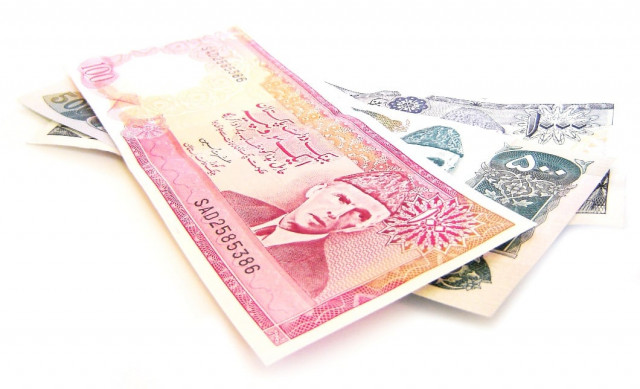No free lunch: Welfare by the people for the people
The government needs to cut down on handouts.

No free lunch: Welfare by the people for the people
Contrary to what politicians would like to believe and tell their voters, welfare is not free. As a matter of fact, only the richest nations can afford to be true welfare states, like the Scandinavian countries. When low-income nations like Pakistan dole out welfare, it costs them dearly in forms of increased debts, volatile inflation and higher taxation. The current federal budget indicates that the government is finally realising the costs of welfare. The government has reduced its welfare spending by 100%, though after interest payments and defence expenditures, the welfare as an aggregate head still comes as third biggest item in the current federal expenditures.
Accounting for welfare expenditure is not an easy job due to multiple budgetary heads across which these expenditures are spread. I have chosen to include three main heads to account for welfare expenditure: subsidies and grants, expenditures on state owned enterprises (excluding development expenses) and the Benazir Income Support Programme (BISP). Last year’s ‘revised’ budget shows that a hefty 36% of total current expenditures, amounting to Rs848 billion were spent on welfare. This year’s budgetary allocation put this ratio at a mere 17% of total current expenditures amounting to 407 billion rupees. This 100% reduction in welfare spending is commendable.
A comparison of welfare spending of the two years would indicate that in both, subsidies and state support for state-owned enterprises, the federal government has taken ambitious measures by significant reductions. However, there is a catch: the gap between budgetary allocations and revised (actual) expenditures. In the case of both state-owned enterprises and subsidies and grants, the federal government overspent drastically, to the tune of 200%! This excess spending translates into a whopping Rs530 billion. In other words, the budgetary allocation for welfare last year was 18%, almost the same as the current level. The revised allocation took the welfare to 36% of total expenses. Thus it is not just intention what we need to watch here, but also real deeds. One can also pray that the government does not have to deal with any disaster like the flood of last year which naturally puts extraordinary fiscal pressure on a resource-constrained government. If considered as a formal budgetary head ‘welfare’ was the single biggest item on last year actual budget. Yes, it was more than what we spent on either interest payments or defence. In the current year 2011-12, after the obligatory expenditures on loan repayments and defence services, welfare still remains our most important concern.
The above data clearly show that the federal government has remained well disciplined in terms of actual expenditures over allocated expenditures except in the case of welfare. While part of it is explainable on account of natural disasters and war against terrorism, a significant part is attributable to political priorities of the current administration. As a matter of fact, the excess expenditure in welfare account alone is responsible for making it the largest budgetary item in 2010-11.
It cannot be denied that welfare is a desirable function of a government and more so that of a democratically-elected government. However, each welfare allocation should follow a basic principle: before spending, you must be able to earn lest you want to depend on loans and grants. As a matter of fact, welfare spending by borrowed money is tantamount to mortgaging our future. Indeed, what we need is not a welfare state but a responsible state.
A state which takes the responsibility of protecting life, liberty and property of its citizens, and basically, leaves everything else on the citizens themselves. In fact, such a state is a true embodiment of a new maxim: welfare of the people by the people.
Author, an economics consultant, is Executive Director at the Alternate Solutions Institute, Lahore. He can be contacted at ali@asinstitute.org.
Published in The Express Tribune, July 4th, 2011.



















COMMENTS
Comments are moderated and generally will be posted if they are on-topic and not abusive.
For more information, please see our Comments FAQ